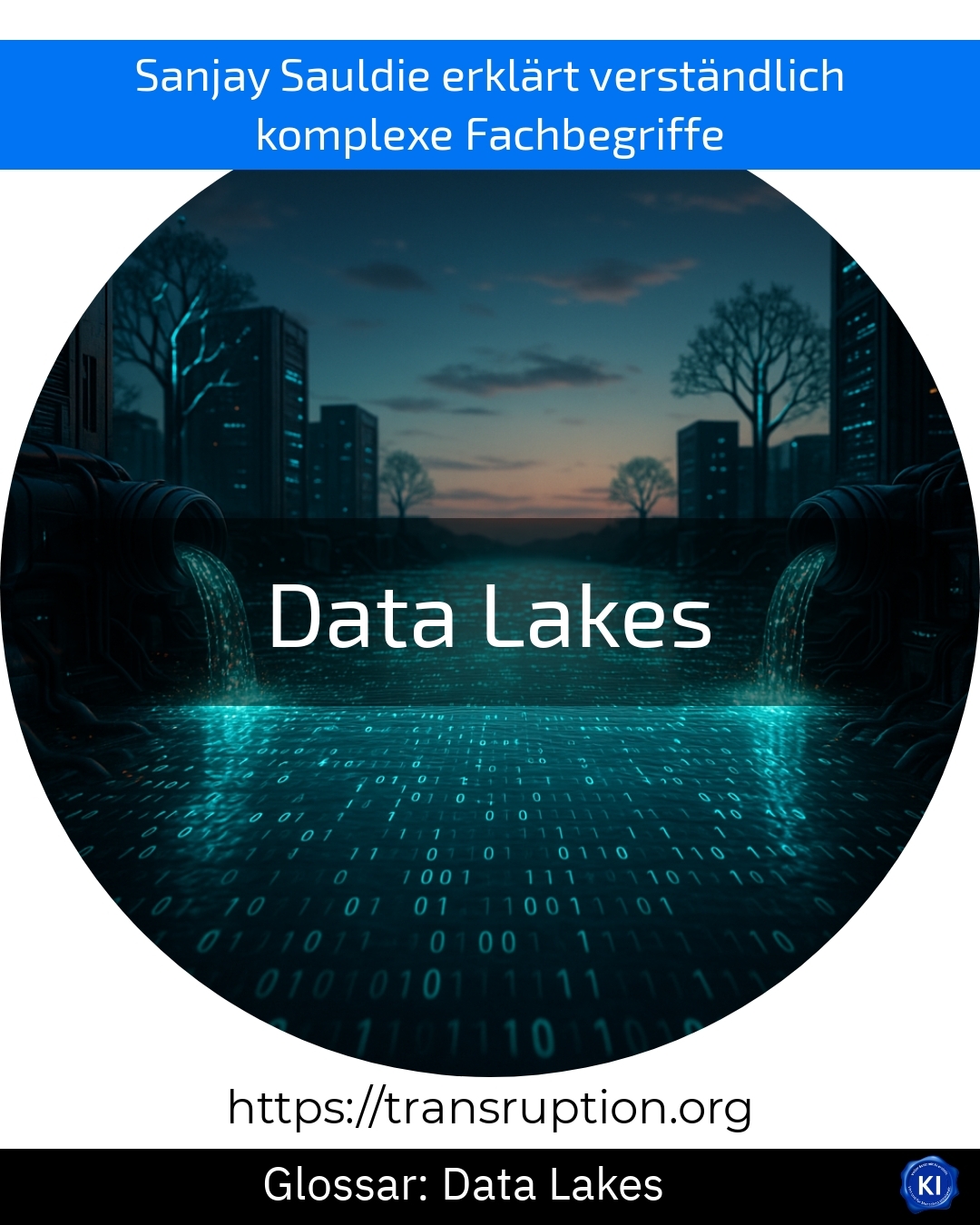The term data lake is particularly at home in the areas of big data and smart data, digital transformation and artificial intelligence. A data lake is a large, centralised storage location in which companies can collect and store huge amounts of data from various sources - without having to sort or structure it immediately.
The special thing about data lakes is that all types of data can be stored - for example texts, images, videos or figures. Unlike traditional databases, which only store organised data, raw data can also be stored here without prior processing. This enables flexible utilisation: the data is only selected and prepared appropriately when it is actually needed.
A practical example: A retailer collects data from its online shops, checkouts, supply chains and customer reviews. All of this data can be stored in the data lake, even if it looks very different. The company can later evaluate specific data in order to better understand customer purchasing behaviour or make predictions using artificial intelligence, for example.
With a data lake, companies create the basis for analysing large volumes of data in a meaningful way and gaining valuable insights from it.















